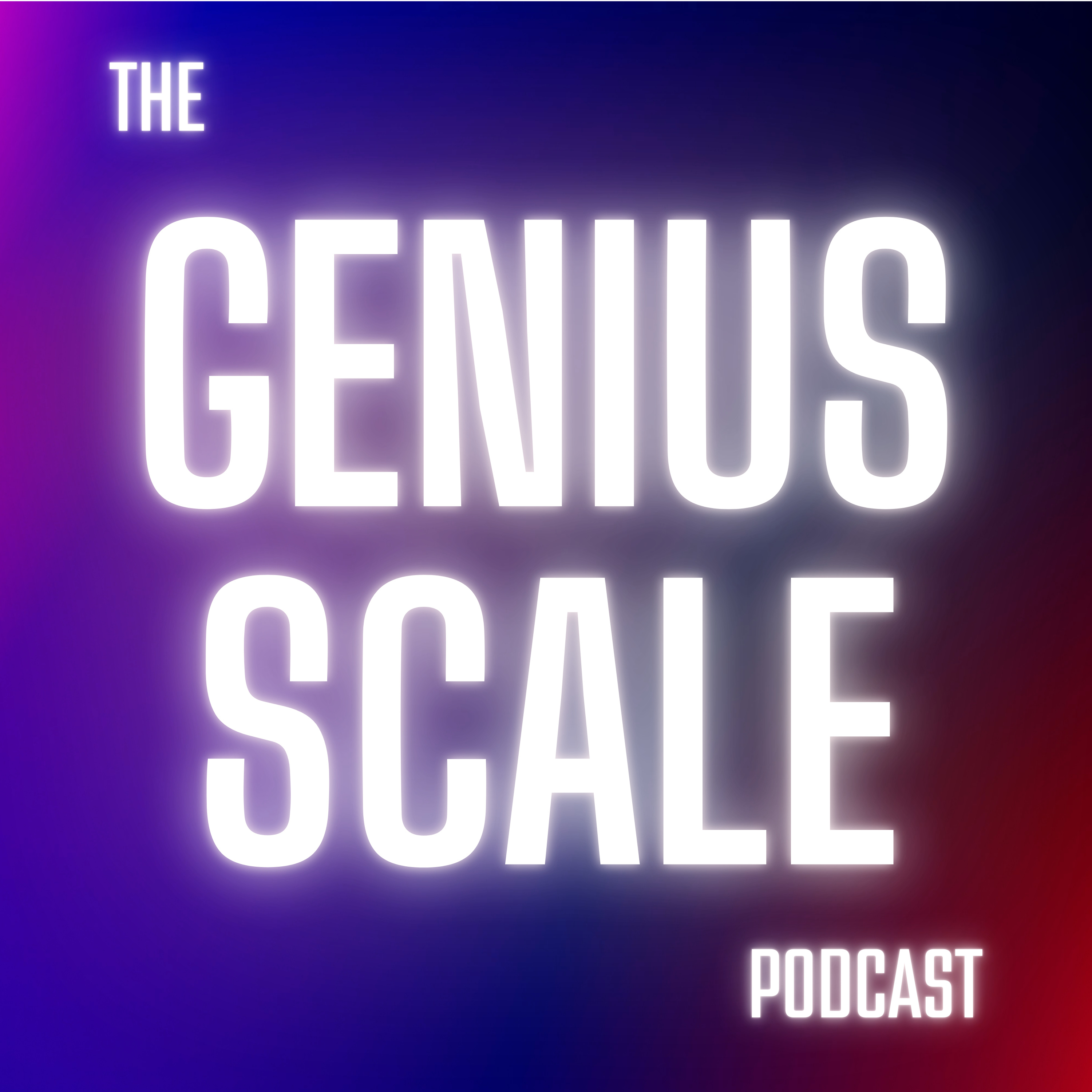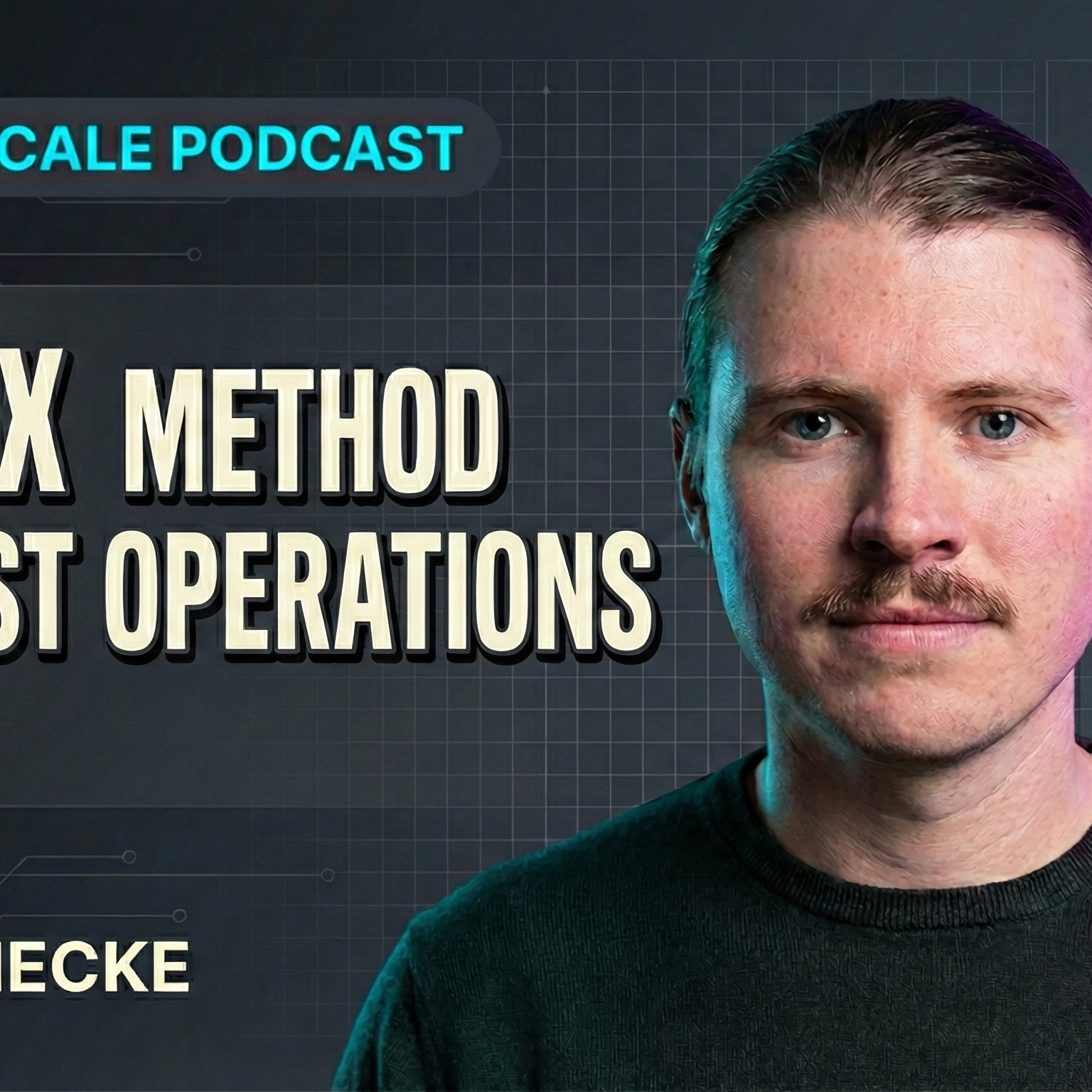The Genius Scale Podcast

The Genius Scale Podcast
Podcast Description
A seasonal collection of conversations sharing the growth & scaling journeys of rising entrepreneurs & leaders both disrupting and servicing disruptors.
Podcast Insights
Content Themes
The podcast delves into themes of entrepreneurship, technology innovation, and market disruption. Episodes cover topics like responsible AI in business, the evolution of software engineering practices, and the significance of no-code solutions for startups, with examples including conversations with Rakesh David about AI adoption challenges and Jorge Lana on building a transformational business ecosystem.

If you were to speak to B2B leaders about growing business, you’d see that business growth can usually be divided into levels – and each level requires a new set of tactics or strategies to get to the next.
But we each, especially in the B2B space, also operate in some zone of genius that we aim to contribute to others. Some in saturated markets where they need to break free. Others in emerging markets where they need to achieve salient clarity.
Either way, we saw they needed a platform to speak their mind.
Which is why we started the Genius Scale podcast.
In this episode of The Genius Scale Podcast, we sit down with Jan Meinicke, co-founder of 9x, to unpack what “AI-first operations” actually looks like inside B2B scale-ups. Jan shares how 9x evolved from an automation agency into an AI enablement company focused on training business teams to build their own no-code and AI workflows.
They cover why upskilling teams can outperform outsourcing automation, the three capability areas needed to get real value from AI (domain expertise, an experimental mindset, and core technical understanding), and a practical framework for prioritizing workflows using time and frequency. The conversation also touches on where human-in-the-loop still matters and how leaders can approach AI adoption and reskilling with clarity.

Disclaimer
This podcast’s information is provided for general reference and was obtained from publicly accessible sources. The Podcast Collaborative neither produces nor verifies the content, accuracy, or suitability of this podcast. Views and opinions belong solely to the podcast creators and guests.
For a complete disclaimer, please see our Full Disclaimer on the archive page. The Podcast Collaborative bears no responsibility for the podcast’s themes, language, or overall content. Listener discretion is advised. Read our Terms of Use and Privacy Policy for more details.